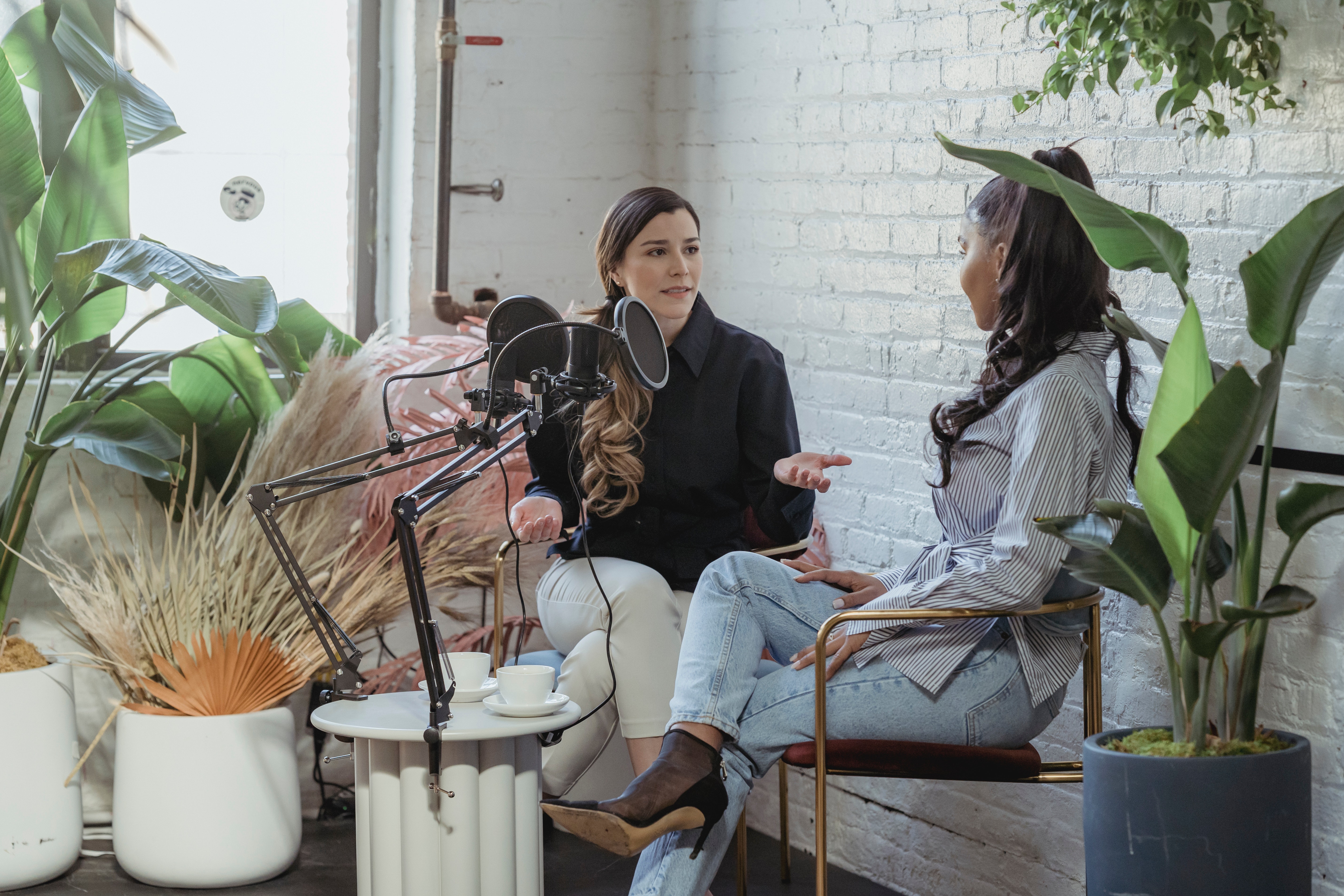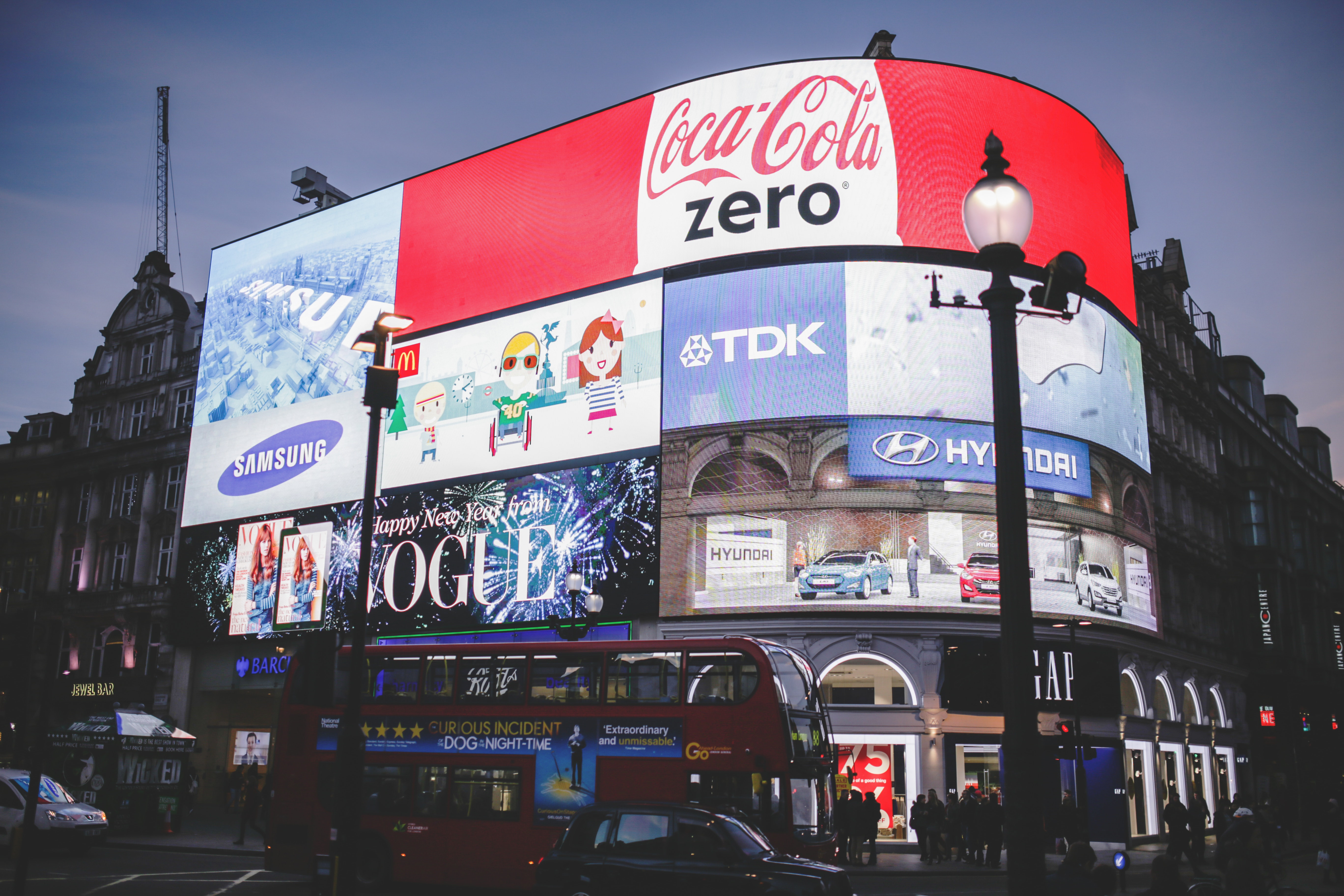

When you're new to it, it can often be hard to understand how PR differs from marketing - so let's try and clear that up right now.
Think of marketing like an umbrella. Its overriding goal is to take a business, brand or product and package it up in the right way to successfully reach a target audience and be positively received by it.
Now holding up that umbrella are various spokes and PR is one of those.
Each spoke needs the work of a specialist because it is doing its own thing in a very specific way. Other spokes you'll recognise might be social media, traditional advertising, affiliate marketing or paid digital media.
That's not to say a PR might not use some of the other spokes too as part of an overall campaign or vice versa. They could well have the right skills and knowledge in those areas too. Or they will bring in the right trusted expertise to work on your behalf.
Naturally, you might even have someone working for you doing those things, who will collaborate with your freelance PR for the greater good.
Overall, the aim of marketing is to get you known and talked about. And each of those spokes has a worthy part in that.
Now, here's where we’ll get a little bit technical...
Sitting within marketing are three defined channels; owned, bought and earned. They all have a distinct role to play, and each will speak to different types of overall activities or tactics.
Owned - this covers the channels a business owns and has control of, for example, its website, email newsletter, content creation like corporate blog posts and reports, or what goes out on social media accounts. The audience being reached is already a part of that brand’s world, or if not, it has likely opted in to being spoken to directly by them.
Bought - these are channels not owned by a business but through which it can pay for space to reach a desired audience. For example, sponsorship of a podcast, an advert in The Guardian or on Wired’s website, or pay-per-click ads. With any bought action, the message and content can be controlled within reason but the audience will be aware the opportunity was monetised and someone has been paid so that the business can reach them.
Earned - here is where PR comes in. Earned includes all of the areas where a business is given space because of its organic relevance or interest. Word of mouth is one example, as is a referral, but this too is where the whole of the media sits. So when a journalist writes about you ‘editorially’ - i.e. simply because they like the sound of your product, service or story - that's known as earned media. The clue is in the name and because it wasn't bought, the journalist or their media title has full control over it, which is why it’s important to have a specialist with media experience managing and working with that journalist to ensure the final piece delivers message-wise, and business-wise.

The power of PR lies in the fact it isn't owned or bought (even though it does of course cost money) and therefore it carries more weight and trust with the reader/viewer/listener.
Now of course, sometimes you might mix the channels. You might have an advert (bought) on the same online page as an article about you (earned) and put a link out to that on your Twitter (owned). But the way an audience interacts and psychologically thinks about each one will be different.
Your next question might be “So how does PR work more specifically within marketing then?”. That's a great question.
The power of PR lies in the fact it isn't owned or bought (even though it does of course cost money) and therefore it carries more weight and trust with the reader/viewer/listener.
You should still, if the PR has been done right, have your key messages included in a piece of earned editorial but - and this is important - the audience won't feel like they are being talked at.
Instead, the messages would have been neatly wrapped up into a narrative, with added context to the world or their lives, and it will be digestible and interesting. It will give something of value, rather than simply asking for something.
Think about all the earned media you consume about brands. In general it's informative or entertaining, whereas with bought or owned, it is much more direct.
Earned media covers all sorts:
Earned media will still deliver on the overriding marketing goal which is to take a business or product and package it up in the right way to reach, and be positively received by, a target audience.
And done well PR can help with business goals, driving sales, boosting reputation and getting people interested in you, whether you’re a startup, individual, or established company.
However, to do it well, you will need a talented and experienced PR consultant who knows the ropes, and that's why you're here at Nibble.
Their unique skills allow them to persuade a third party to deliver those important messages and this requires a totally different approach to bought or owned.
PRs work to craft a real and tangible story that will capture the attention of journalists, the wider media and their audiences. That is a skill honed over many years

Paying for space via a bought campaign can be a quick-win for traffic, eyeballs or leads but PR via earned media builds authority and credibility within your target audience.
A good PR specialist also understands how bought and owned can work together with earned and clearly recognises that while those last two forms of marketing are often driven by the brand talking at you, PR is driven by people talking about you. That’s why it’s public relations, after all.
PR has a unique impact because others are praising you, rather than you bragging about yourself. It might use a range of mediums to achieve this:
PRs set up camp in the earned channel because it allows them to create something valid and valuable, while building trusted relationships with journalists, bloggers and influencers along the way. They will know exactly the right ideas and angles to make it all happen.
But as we said, you do have to get comfortable with ceding control over what appears. It is down to those people to decide what information is used and how it looks.
Taking this leap of faith by working with an experienced PR will ensure you reach far outside of your own sphere - e.g. featured in a print newspaper or magazine, online on your favourite lifestyle website, in a podcast, on the radio or on TV.
Sure, paying for space via a bought campaign can be a quick-win for traffic, eyeballs or leads but PR via earned media builds authority and credibility within your target audience. It won't be tagged with phrases like 'Sponsored Content' or 'Advertorial' and when featured online, it can be great for SEO.
With good PR, you’ll win over hearts and minds, communicating your message to the widest possible audience to meet your brief and objectives.
But to make the most of this epic opportunity, you'll need to find the right freelance PR to hire and as luck would have it, we have an article about doing that right here.
If you’re ready to start your PR journey with a highly recommended freelancer, sign up and post a new brief in minutes to start receiving matches and proposals from our UK PR freelancer network